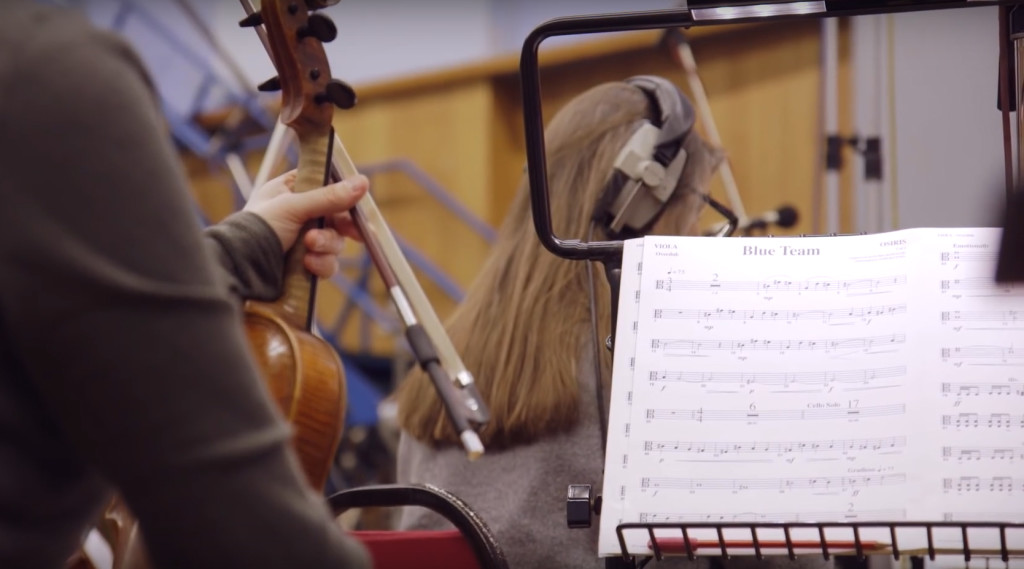Video game soundtracks have come a long way since the ‘beeps and boops’ of the arcade era. As 8-bit graphics gave way to hyper-realistic worlds, electronic sound effects evolved into epic scores worthy of the big screen. A memorable soundtrack can be as powerful a marketing tool as compelling characters when it comes to the legacy of an intellectual property (IP), and publishers have recognized this.
Last month, Capcom debuted an international concert series called Capcom LIVE, which combines rock music with a live orchestra to celebrate the music from its many franchises. Meanwhile, developer diaries take fans behind-the-scenes of the next big game, and they not only showcase gameplay, but the soundtracks as well. For example, to promote the game Bloodborne, PlayStation shared video footage of various orchestral recording sessions.
As games earn respect as an interactive art form, video game composers are being recognized for their talents. In 2012, Austin Wintory’s score for Journey received the very first Grammy nomination for a video game, an honor that was finally won by Christopher Tin for Civilization IV. Studios are allocating larger budgets for renowned composers like Hans Zimmer (Call of Duty: Modern Warfare 2) and the soundtracks are being recorded internationally at studios usually reserved for film scores.
Even casual games like King Digital’s Candy Crush: Soda Saga are going big with soundtracks by recording them from the historic Abbey Road Studios in London:
Music publishers are finding video games to be a new and potentially successful way to market artists or albums. Utilized to evoke an emotional response, a strategically-placed song in a trailer or dramatic gameplay moment can be beneficial to both video game and music publisher. Microsoft has traditionally used this technique to promote its Gears of War franchise with songs like the Gary Jules cover of Mad World and most recently, the Disturbed cover of The Sound of Silence.
“In recent years, the video game industry has been the fastest growing area of the entertainment business,” writes Todd Brabec, ASCAP Executive VP of Membership, “And music is a major part of many of these games. For songwriters, recording artists (new or old), film and television composers, music publishers and record companies, the video game industry represents a new and valuable source of income.”
From the iconic, Gregorian chants of Halo to featuring the music of First Aid Kit in The Walking Dead: Michonne, music and video games are marketing their products in new and interesting ways. Prior to the release of Halo 5, Microsoft made the soundtrack by Kazuma Jinnouchi available for streaming on Soundcloud. Just after the launch of Bioshock, Irrational Games released the soundtrack for free to their fans so “you can take the world of Bioshock with you wherever you go.” With scores like these, it’s no wonder that publishers announce the availability of their game soundtracks on iTunes as enthusiastically as the games themselves.

